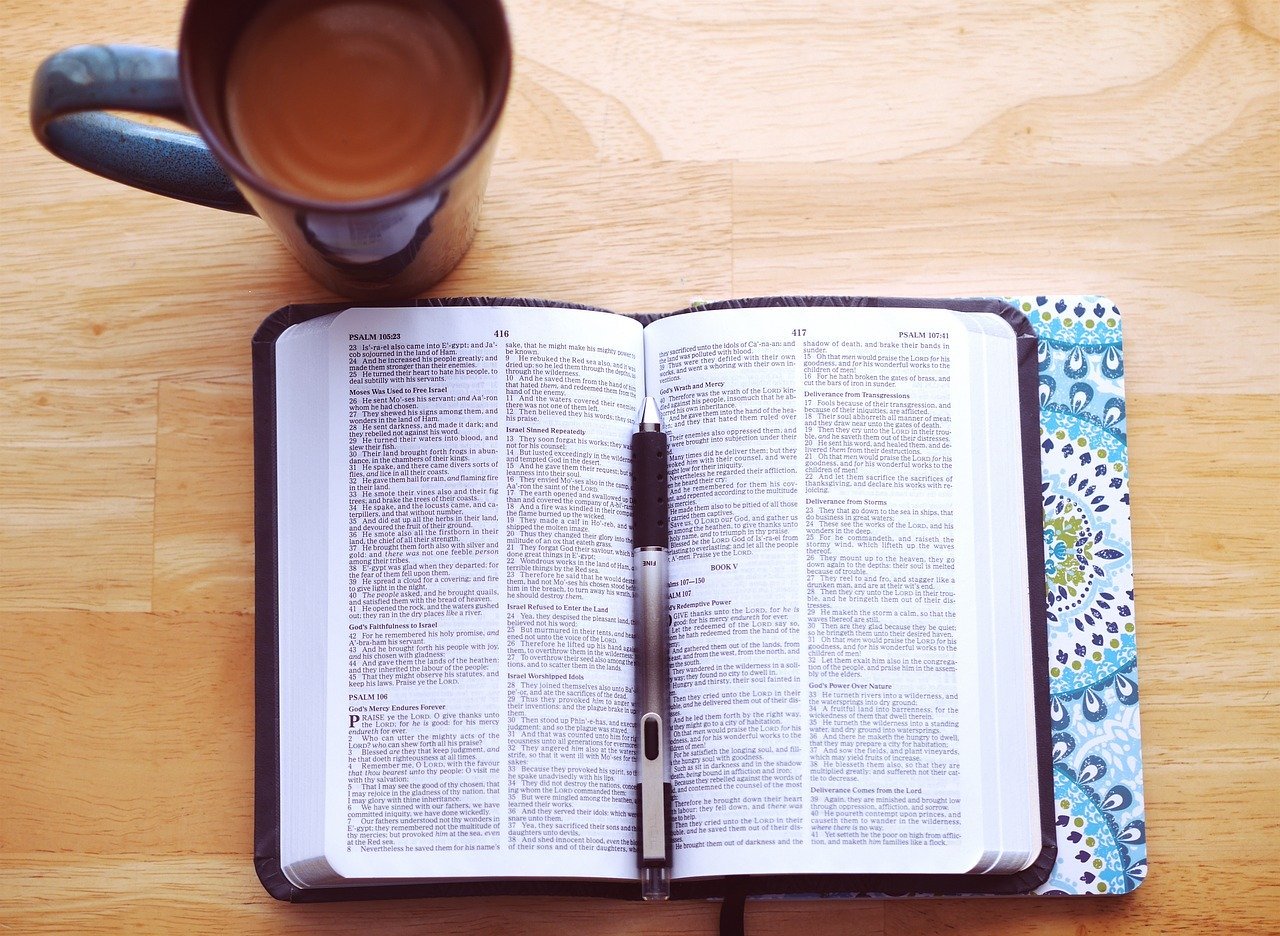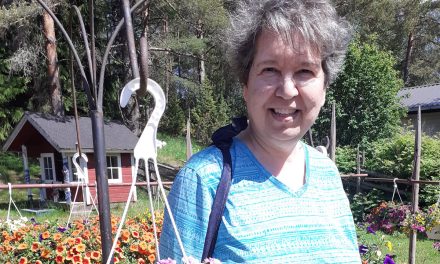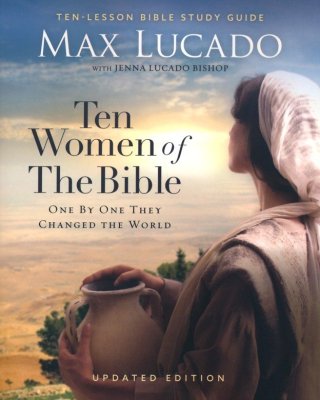Drinking clean water is vital to life. Because every cell in our bodies contains mostly water, our organs begin to shut down within seventy-two hours if no water is consumed. Water protects our joints and organs, regulates body temperature, transports oxygen to our cells, and removes waste. Put simply, our bodies die without clean, potable drinking water. But did you know that an estimated 50 percent of people living in Africa do not have access to clean drinking water? Fifty percent. I can hardly wrap my mind around that number.
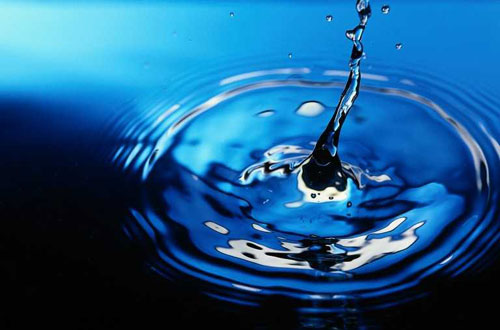
Many humanitarian organizations are working hard to change that statistic. They are drilling wells in remote areas of Africa and Asia, but many more are needed. When I visited Africa, I was surprised to see a hand pump in the middle of the bush. It had been drilled by a humanitarian organization, and as a result countless lives have been saved through the gift of clean water. Prior to the well, people had to walk for miles to get to a water source, and even then the water wasn’t clean.
Other parts of Africa I visited had no wells in sight. The weather was so hot when we helped with an “Orphan Camp” for over three hundred impoverished children. The day consisted of face painting, foot races, soccer, and other outdoor games. Some of the children were pouring with sweat but kept right on playing. I was so thirsty that I felt almost faint when the afternoon was over. When I got back to the hotel, I turned up a full water bottle and drank every drop. I couldn’t help but think about the children who had no source of water at their homes. The water they drank, if they got any that day, was probably dirty and contaminated. Thankfully, since my visit, churches have partnered with villages in that area and clean, potable water from newly drilled wells helps keep those children alive.
In His Name
Helping an impoverished village by building a community well physically saves lives, and it also provides an opportunity to tell the nations about the source of living water. John 4:1–26 tells the story of when Jesus met a desperate woman at a well. As she drew water to drink, He told her, “Anyone who drinks this water will soon become thirsty again. But those who drink the water I give will never be thirsty again. It becomes a fresh, bubbling spring within them, giving them eternal life” (vv. 13–14). Jesus knew she needed more than water. He knew she needed the grace and forgiveness that could come only from the free gift of salvation in Him alone. Jesus was aware of her sinful past, yet He loved her unconditionally. She, for the first time, felt a love that transcended her sin and penetrated to the deepest part of her soul. She sat face-to-face with pure, amazing grace when she encountered the Savior at that well.
Being able to share with an impoverished community that the clean water pouring from their new well can bring health and wellness pales in comparison to sharing with them the good news of the living water. The water from the well will leave them thirsty again, but Jesus Christ gives living water that will cleanse, forgive, and bring eternal life.
Drilling a well will certainly meet the physical needs of an entire community. Clean water brings life, health, and wellness. But giving an entire community the hope of Christ will bring eternal life, peace, and forgiveness.
God uses people to perform His work. He does not send angels… He uses burdened, broken-hearted, weeping men and women.
—David Wilkerson
A Cup of Cold Water
Half the people in Africa do not have access to a clean, potable water source. This is a statistic that the church simply cannot ignore. The average cost to drill a well in Africa ranges from $4,500 to $10,000, depending on the country (countries have different prices for the use of drilling equipment). This is a relatively small price to pay for the lives that will be saved by the potable water.
There are many ways that individuals, churches, ministry groups, and humanitarian organizations can raise money for drilling. One way is to purchase bottles of water to resell at church events or community-wide festivals. Replace the labels with your own adhesive-backed, computer-made labels that share how the money from the sale of the water bottles will go toward drilling a well in Africa. Don’t forget to also display a sign letting buyers know that you accept donations.
Another idea is to collect used water bottles, remove the labels, cut a slit in the side of each bottle, and ask people in your church to take a bottle and fill it with money. Children will especially enjoy filling a water bottle with spare change. Of course, benefit dinners, silent auctions, and special offerings are also great ways to raise money to purchase a well.
How do you decide where to send the money you’ve raised? I advise working with a Christian ministry that uses well drilling as a means of sharing the gospel with the communities it services.
The Stats
Nearly 80% of illnesses in developing countries are linked to poor water and sanitation conditions.
In children under the age of five, 1 out of every 5 deaths worldwide is due to a water-related disease.
More than 1 in 8 people worldwide don’t have access to safe drinking water.
When you research a ministry, make sure to find out how long the organization has been drilling wells and how they maintain and service the wells after they are drilled. Maintenance and service of wells is just as important as the initial drilling. Water is so basic to our human existence. Bringing clean, potable water to thirsty people, as well as bringing the gospel to their thirsty souls, is an eternal investment.
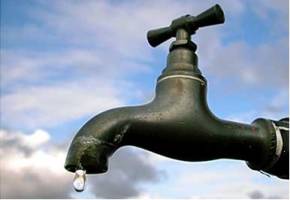
Abba, it is a true blessing to have clear, clean, refreshing water that flows from the faucet in my home. Millions of people will walk many miles today for water that is filled with parasites and bacteria. Remind me as clean, clear water passes across my lips that I have been blessed so that I can be a blessing to others.
Taken from A Cup Of Cold Water, ©2012 by Lorie Newman. Used by permission of Discovery House Publishers, Grand Rapids, MI 49501. All rights reserved. www.dhp.org
Lorie Newman, a former public school teacher, leads groups of speakers on mission trips to impoverished nations to teach and train the women of those countries. She is also the founder of an orphan ministry that enables 250 impoverished African orphans to receive regular food, clothing and education through a partnership with Children’s Hope Chest. Lorie and her family live in the southeastern United States.



